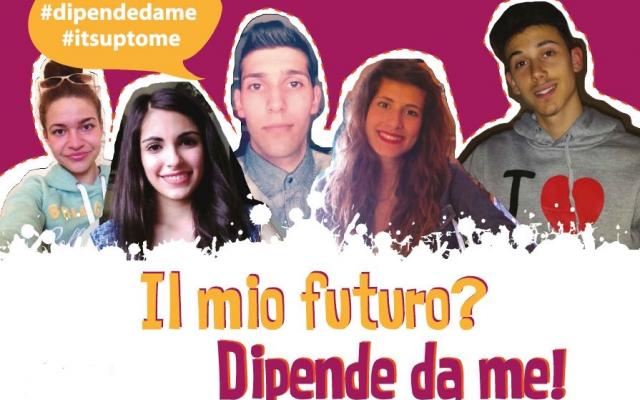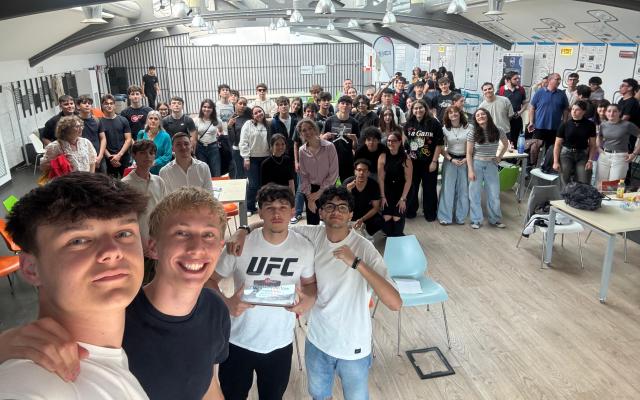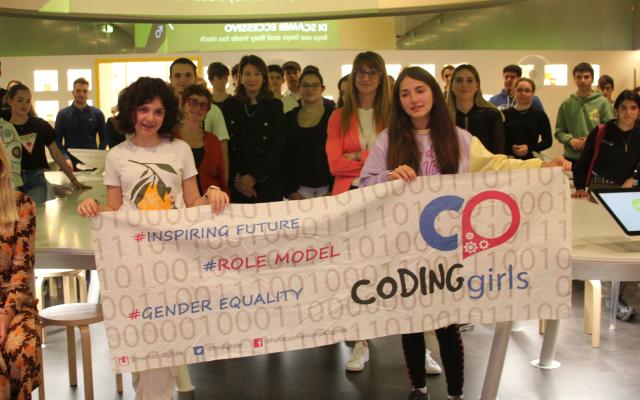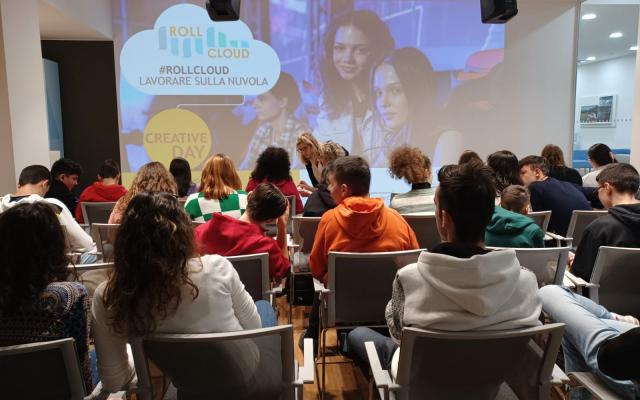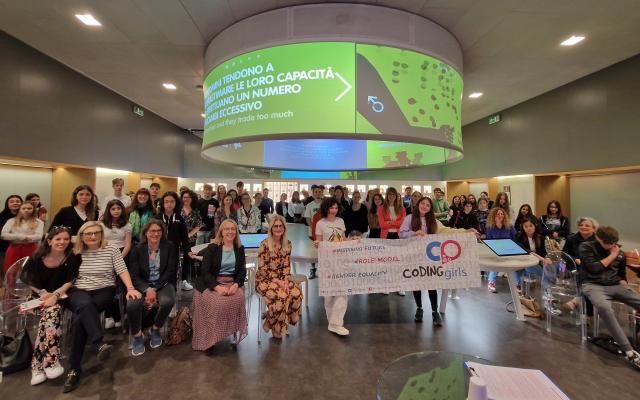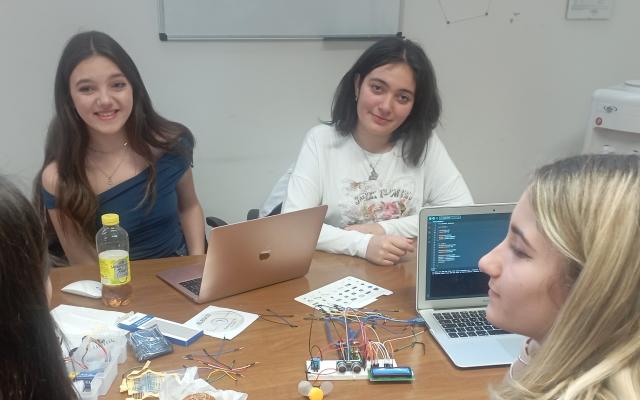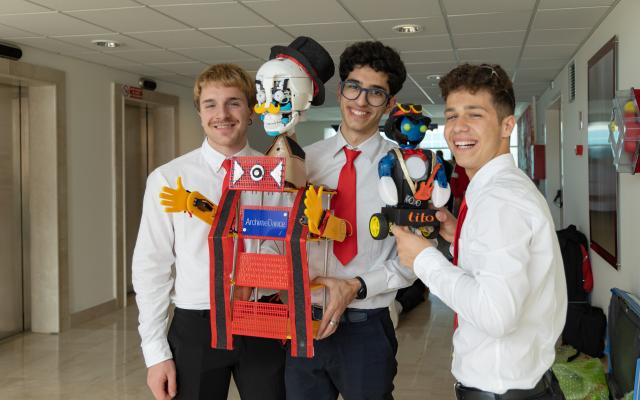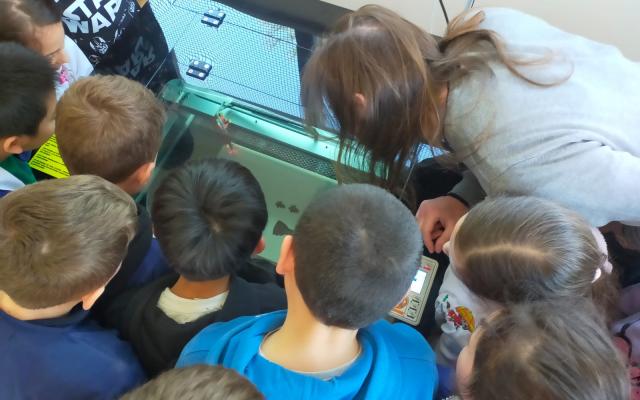Intensive Steam training and awareness programme for 600 female students
Thanks to the collaboration with Compagnia di San Paolo, 600 students from 10 secondary schools across Turin in the school years 2019-2020, 2020-2021 and 2021-2022, are involved in an intensive STEAM training and awareness program promoted by Fondazione Mondo Digitale.
TARGETS
- Raise awareness in young students to the opportunities offered by STEAM studies and professions, especially through the creative and conscious use of digital technologies
- To encourage university orientation and the entry of the youngest students into technical-scientific faculties
- Educate on gender equality.
ROUTES
In each of the 10 schools, three didactic courses are started at the same time, designed for three-year students and differentiated by age of the participants:
- START APP. First step coding: with App Inventor, third year students not only learn the basics of programming but also the ability to design and manufacture a product, transforming themselves from passive consumers to contributors in technological development.
- MAKE the difference. MAKE it cool!: utilising the Arduino platform, fourth year students develop ideas and come up with new solutions starting with recycled materials and applying the logic of D.I.Y. (Do It Yourself). They also experiment with "smart" connections between objects in the real world (Internet of Things).
- WWW. Web Winner Women: fifth year students learn how to use WordPress and the tools needed to make a video CV.
ROLE MODELING AND UNIVERSITY ORIENTATION
Over the course of three years, students have the chance to meet and get to know role models from universities and the business world. By doing so we hope they are inspired by their stories and discover new career opportunities and areas. Divided into small groups, the young women will be able to enter laboratories and technical-scientific departments at universities and spend a day together with special mentors.
TERRITORIAL EVENTS
During the school year, schools are transformed into hubs and open their doors to the region, involving students in thematic hackathons, open days and interactive events with the community.
RESULTS
At the end of each year, and after the three-year period, monitoring is carried out to determine the extent to which the Coding Girls project schedule is capable of guiding young people involved in the initiative through their educational and professional careers.
In collaboration with

